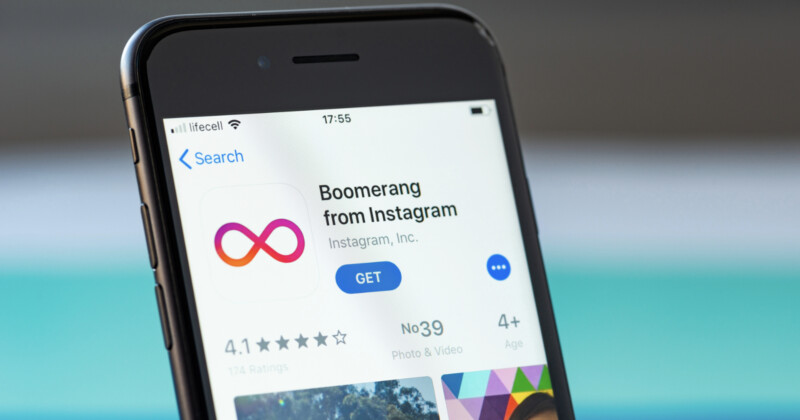 Phhhoto has accused Instagram of copying its main feature with ‘Boomerang.’
Phhhoto has accused Instagram of copying its main feature with ‘Boomerang.’Meta must face a lawsuit brought on by defunct animated photography app Phhhoto which accuses Instagram of copying its main feature and driving it out of business.
On Tuesday, a U.S. appeals court reinstated Phhhoto’s antitrust lawsuit against Meta which claimed that Instagram illegally pushed the animated photography app out of business by copying Boomerang from it.
Phhhoto launched in July 2014 and reached 10 million registered users within two years.
Phhhoto’s technology allowed users to hold down the shutter button on a smartphone camera and capture five frames “in a single point-and-shoot burst,” which could be looped into a short back-and-forth looping GIF or video that could be shared either on its own platform or on Instagram.
But in April 2015, Instagram reportedly cut off Phhhoto from its social graph and launched a clone called “Boomerang” in October that went on to be integrated into the popular Instagram Stories feature.
By 2017, Phhhoto had to shut down its app. And four years later, in 2021, the now-defunct photography app sued Meta (formerly known as Facebook) on antitrust grounds.
Phhhoto claimed that Meta had feigned interest in working with it, claiming the social media giant downloaded and copied its main animated photography feature as Boomerang, and also alleged that Meta hid its name from search results and Instagram’s API. Phhhoto alleges that Meta’s actions effectively drove it out of business.
According to the company, Meta had previously opened up a conversation to integrate Phhhoto, but the app founders claim that this outward effort was just a show. Instead, the lawsuit alleges Meta wanted to get rid of the competition and force Phhhoto out of business in violation of federal antitrust law.
Phhhoto alleged that Meta targeted and aimed to “crush” the photo-sharing application, ultimately depriving it of “access to hundreds of millions of dollars of capital.”
Last year, U.S. District Judge Kiyo Matsumoto of Brooklyn, New York dismissed Phhhoto’s lawsuit against Meta — because the allegations stemmed from 2016, outside the four-year window for antitrust plaintiffs to sue.
However, Phhhoto tried to revive the lawsuit, urged a U.S. appeals court to revive its claims against Meta.
According to a report by Reuters this week, the New York-based 2nd U.S. Circuit Court of Appeals has now reversed Judge Matsumoto’s ruling in a 2-1 order, meaning Phhhoto’s lawsuit is allowed to proceed.
According to Chief Circuit Judge Debra Ann Livingston and Circuit Judge Richard Wesley, Phhhoto has provided enough information for now to show Meta “concealed” the change to its Instagram algorithm, delaying Phhhoto’s discovery of it until a date that fell within the statute of limitations to sue.
Meta has denied the lawsuit’s claims and says it did not conceal anything from Phhhoto.
“As we have said since the beginning, this suit is baseless and we will continue to vigorously defend ourselves,” Meta said in a statement to Reuters.
Image credits: Header photo licensed via Depositphotos.






 English (US) ·
English (US) ·